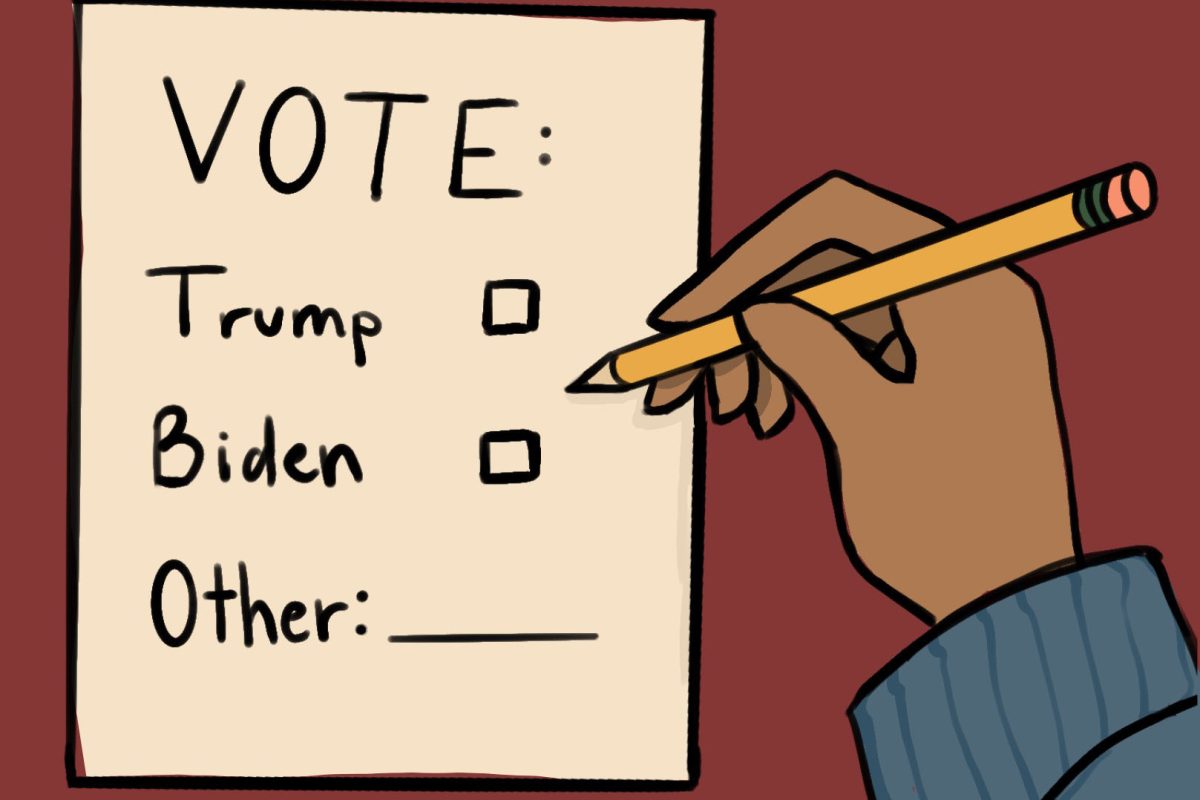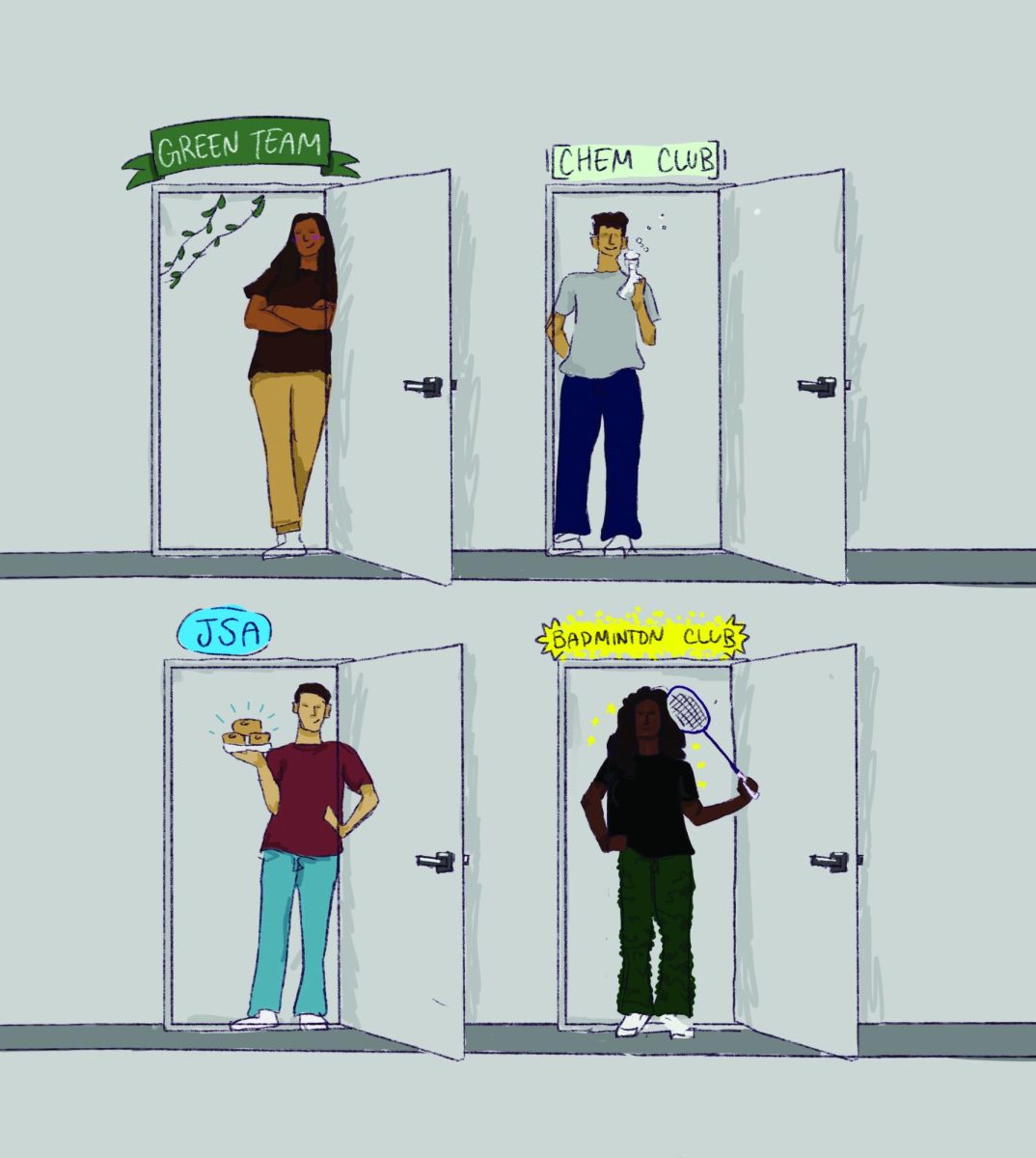The confusing statistics. The varying news commentary from analysts. It can be a lot.
All it takes is another depressing headline to remind students of the inescapable and unavoidable 2024 presidential election. It’s easy and completely understable for young people to feel both disconnected and disinterested in the upcoming election when the faces of the event are the same as they were four years ago.
Within U-High, an unscientific poll conducted by the Midway demonstrated this. Seniors were asked to rate on a scale of 1-4 how excited they were about their candidate or party going into the election. The most common response was a measly 1.
Nevertheless, this year, the election could mean even more than ever.
Despite how painstakingly familiar the candidates may be, U-High students must understand the significant political gravity of this event and how it sets the stage for the future of the country. Students should pay attention to how it plays out, stay engaged with the specific issues that matter to them, and monitor how the candidates plan to address them.
For students who are eligible to vote in the Nov. 5 election, especially those voting for the first time, it may be hard to look at the primary choices on the ballot: the same old names, largely unrelatable to individuals in this generation. However, while Joe Biden and Donald Trump may not be the most engaging candidates for young people and students, and we should hope for better representation in the future, this feeling of entrapment between a rock and a hard place must be navigated somehow.
In an election where so much is on the table, the power of voting is even more evident and essential to young people who wish to use their voice. Students have the ability to express themselves in this election and should aim to do so throughout the process.
And placing more of an emphasis on the pertinent social issues which do matter to young people, even if they feel a lack of connection to the candidates themselves, could help fight this lack of engagement. Reproductive health care, immigration rights, climate change and U.S. foreign policy are all at the forefront of this election, and voters have the choice of deciding which candidate will make the calls on them.
For students not yet eligible to vote, who may feel even less inclined to pay attention to the election, there are so many ways for them to participate and be a part of the process, too. Anyone can encourage others to vote, support a candidate, voice their opinion on social topics which may strike a chord with them — in-person or on social media.
Despite the generational alienation, remaining informed on current events has never been more important for students. This election is simply too pressing to ignore, as it will shape students’ future in one way or another, and pretending like it is not coming will not make its landing any softer when November rolls around.



























































